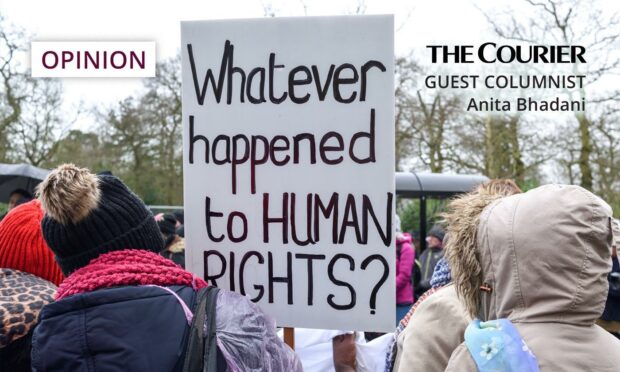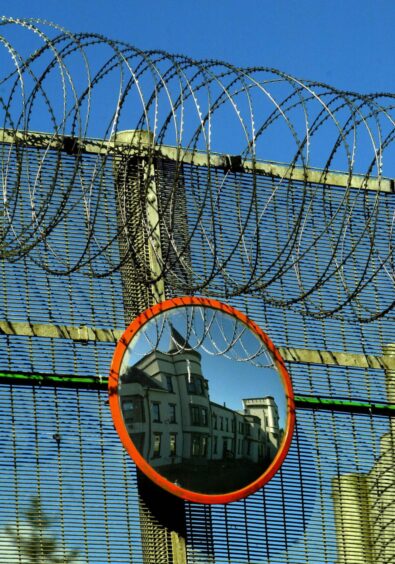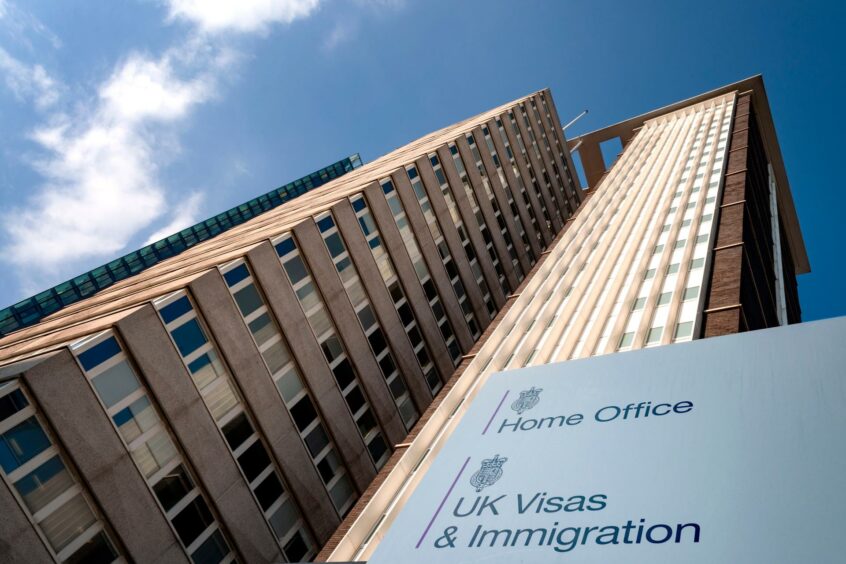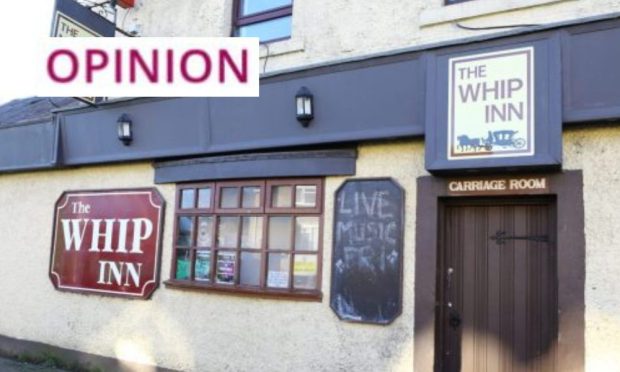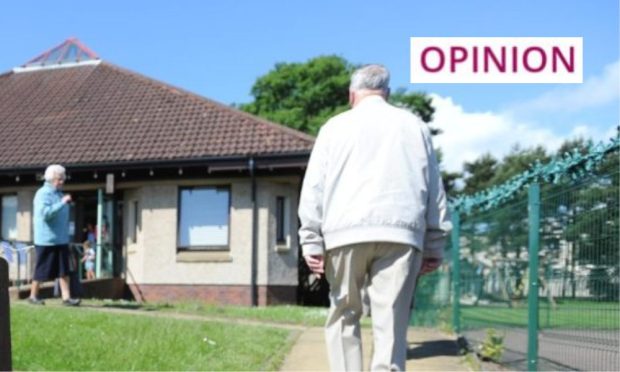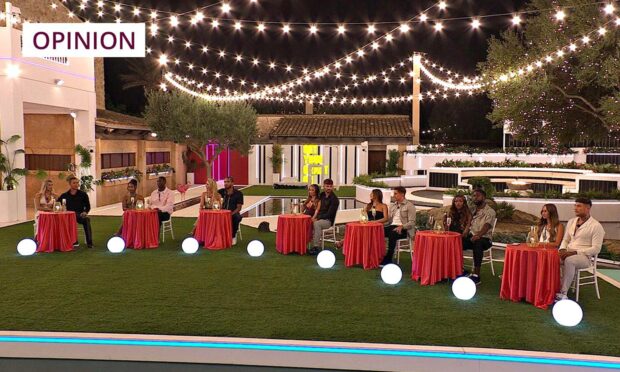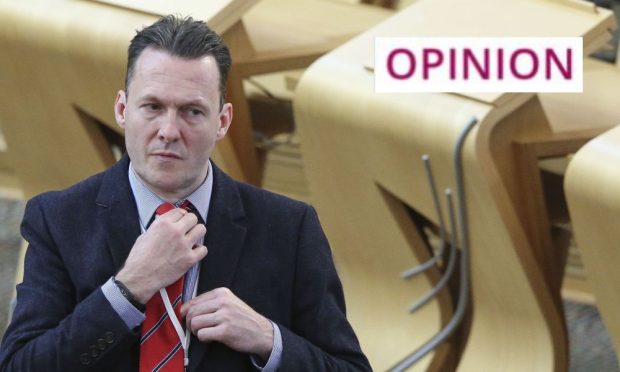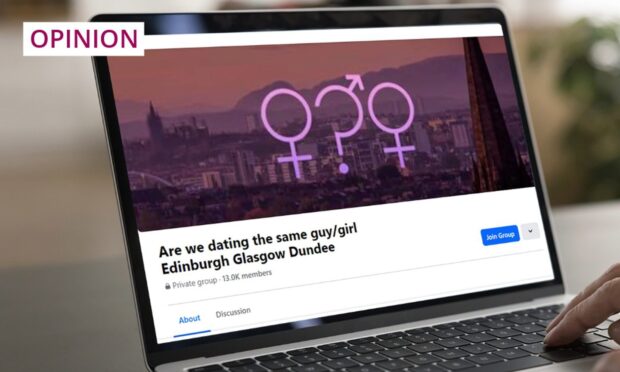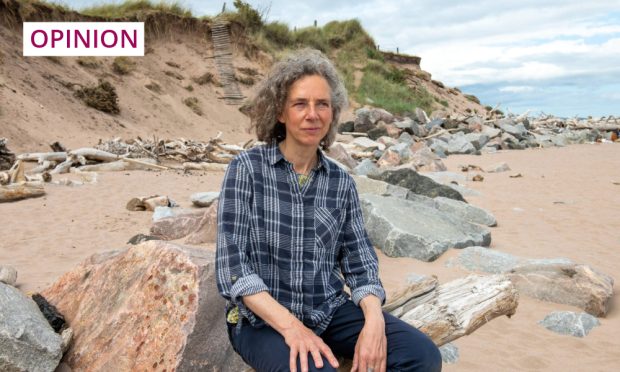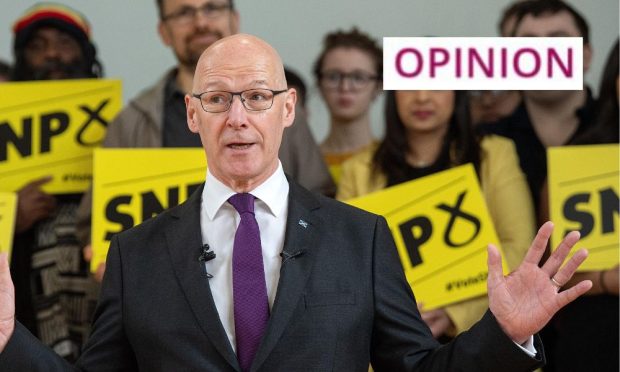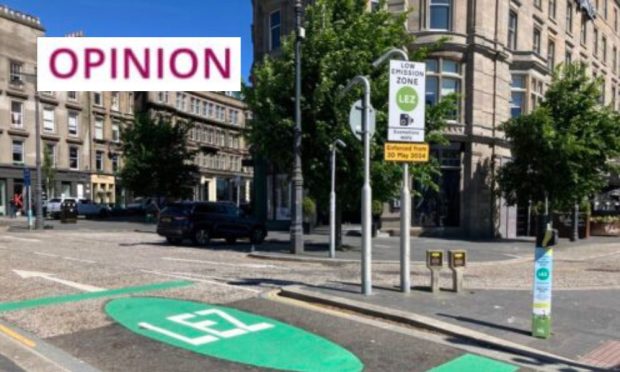Imagine if you were detained, indefinitely.
Held away from friends, family, community, in a state of limbo: not knowing when, or even if, you’d be able to leave?
It sounds dystopian.
But it’s the reality for many people in the UK – including here in Scotland – who are held in immigration detention.
And many Scots don’t even know it’s going on.
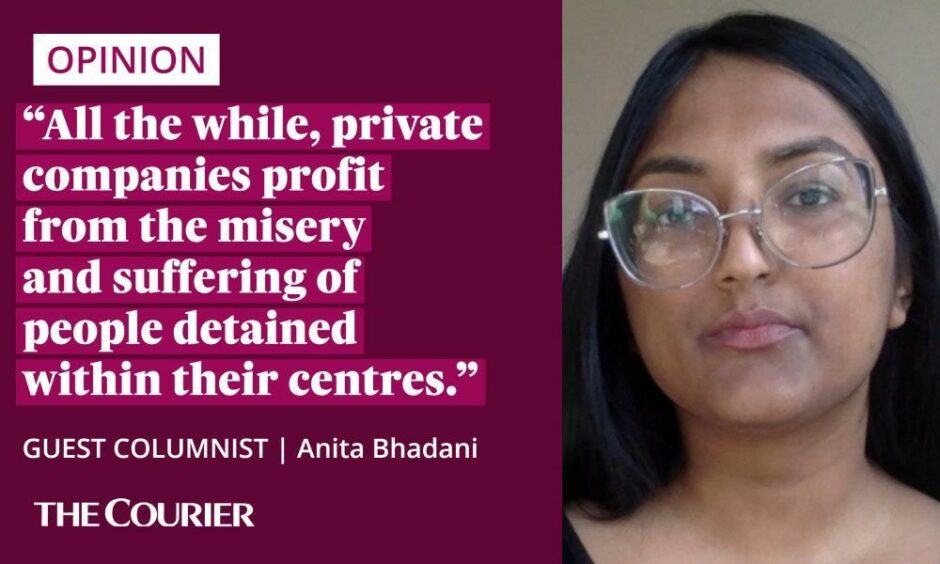
People are detained within one of seven ‘Immigration Removal Centres’ across the UK, including at Dungavel, in an isolated area of South Lanarkshire.
It’s an administrative – not a criminal – process
Most commonly, people are held while the UK government makes a decision on whether they will be granted permission to stay in the UK. Or held for a period of time prior to their deportation.
Detainees might include those who have made long and traumatic journeys across the English Channel in a desperate attempt to seek safety (as is their legal right under international law).
There are also victims of human trafficking and torture, and those with profound disabilities.
In every other locale in Europe, there is a time limit on how long you can be held in immigration detention.
In the UK, there is no limit.
At the end of last year, 24,497 people had entered immigration detention in the UK. Sixty four per cent had been held for over 28 days. Fourteen per cent had been there for six months or more, and 4% for a year or more.
Shockingly, two people have been held for more than three years.
Two years with no idea of when they might be released and reunited with the outside world.
The mental strain of this cannot be overstated.
Harm caused by immigration detention at Dungavel
I formerly volunteered with Scottish Detainee Visitors, a charity doing vital work in providing emotional and practical support for people held in Dungavel.
The notes from visitations were heartbreaking.
Extract from our call log#binthebill
W is still quite down. He’s been detained for more than six months now and is finding it hard. We talked about things he could do to make himself feel better. But really it’s detention that’s making him feel bad. pic.twitter.com/3smCV3kaJe
— ScotDetaineeVisitors (@SDVisitors) April 1, 2022
“S described being in detention like Groundhog Day”, said one.
“Although the regime in Dungavel is more relaxed, he said it can be harder than prison.”
The conditions inside many detention centres have been described as dehumanising and traumatic.
And the indefinite nature of detention inflicts uncertainty and powerlessness on people who are often already highly vulnerable and traumatised.
It is cruel, destructive and wholly unnecessary.
A report published by Bail for Immigration Detainees last year included harrowing testimonies of people who had been subjected to solitary confinement during the peak of the Covid-19 pandemic.
One person described being locked in a cell for more than 22 hours a day as “psychological torture”.
Companies profit while a better way is possible
There is no form of immigration detention that can comfortably sit alongside a respect for human rights.
Detention in and of itself is an affront to human rights.
Yet all the while, private companies are profiting from the misery and suffering of people detained within their centres.
Here in Scotland the company Mitie C&C Ltd. was awarded a Home Office contract to manage Dungavel – valued at more than £92 million.
“The cost that the Home Office will go to to lock people up shows the barbaric & inhumane nature of their propaganda that has no rhyme or reason” -1 bed at Dungavel detention centre will cost taxpayers 3 times the average Scottish salary each year 🏴 https://t.co/ZMMB8MINBW
— Aamer Anwar✊🏾🏳️🌈#BlackLivesMatter (@AamerAnwar) December 1, 2021
The Ferret last year revealed each bed at Dungavel costs the taxpayer at least £74,000 a year – more than three times the average Scottish wage.
So – what’s the alternative?
In the short term, campaigners have called for immediate reforms to the system of immigration detention.
A proposed 28-day time limit on how long someone can be detained has gained support across the political spectrum.
In the longer term, community based alternatives to immigration detention, that do not isolate the individual from society, are another option.
In the words of Detention Forum: “Alternatives are not going to remove the entire border control system, eliminate borders or bring an end to removals and deportations”.
But they can be one step toward a wider vision of a more just world.
Communities standing up to immigration detention
Although this all paints a bleak picture, the future is not hopeless.
Activists, campaigners, those with lived experience of the immigration detention estate and everyday people are working to make change happen.
Join the Festival of Resistance to mark the anniversary of Kenmure Street as we continue to say no to detention!
Support the cause. https://t.co/4q19xcbDqc— No Evictions Network (@no_evictions) April 4, 2022
Just last year at Kenmure Street in Glasgow, we saw the power that can come when communities rally together in support of people targeted by the UK Home Office’s cruel ‘hostile environment’ policies,
More recently, the Ukraine crisis has brought the issue of rights of refugees and those seeking asylum to all of our attention.
And the UK government has rightfully committed to supporting Ukrainian refugees.
(Although a critical eye must be kept on the extent to which they will adequately deliver on this.)
However, this should not be an exception to the rule.
Immigration detention should be unthinkable in any scenario, for anyone – migrants, immigrants, refugees, and the world’s displaced, wherever they are from.
One testimony I read from Scottish Detainee Visitors stayed with me.
It said, “It’s a good thing that the visitors are here.
“If they weren’t here, we’d be forgotten. We’d be forgotten by everybody.”
We must show up, stand up, and show that we have not forgotten our neighbours – our friends.
Anita is a freelance journalist based in Glasgow writing on politics and culture. She writes in a personal capacity. This column is part of the Pass the Mic project, which aims to provide a platform for women of colour in the Scottish media.
